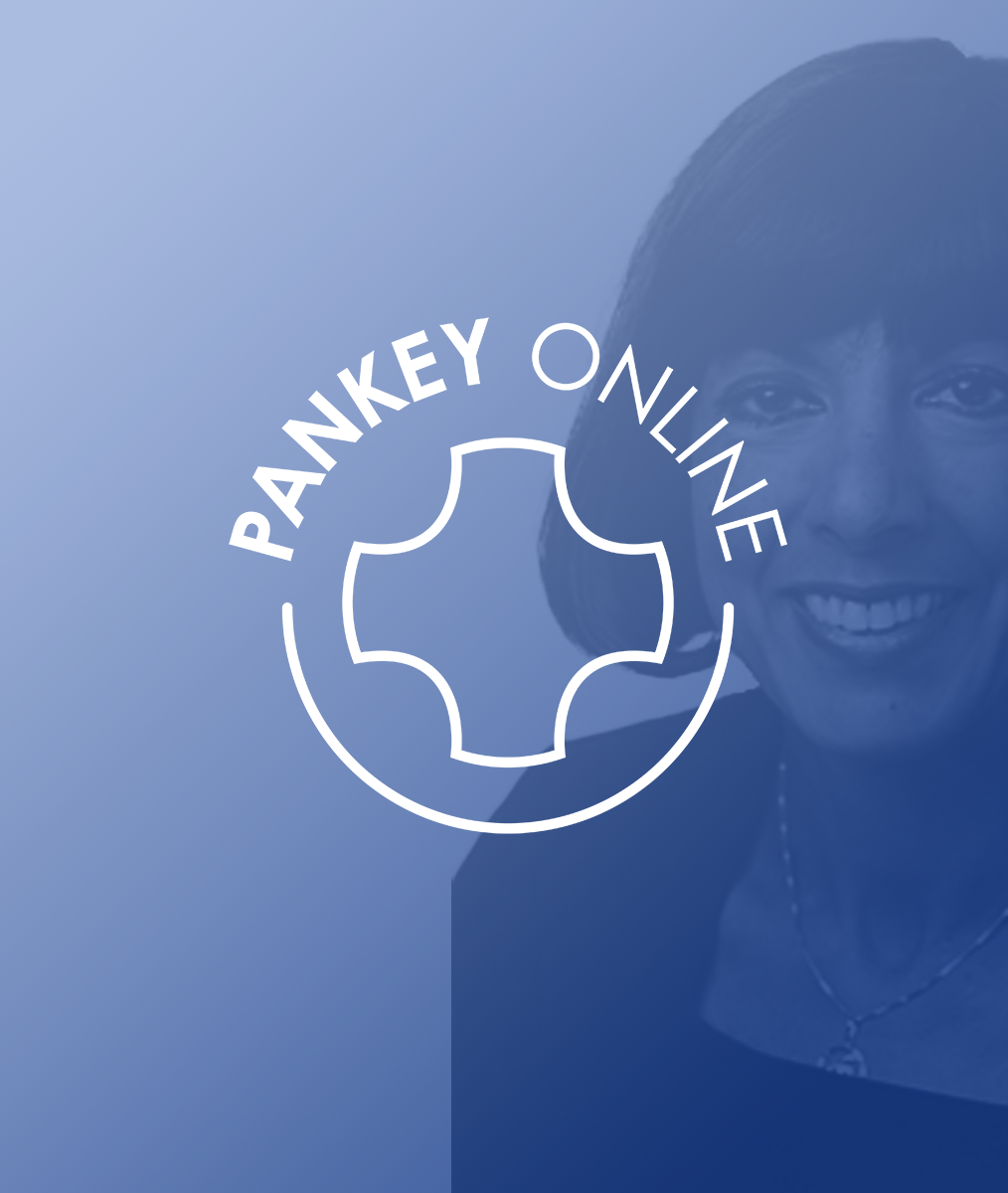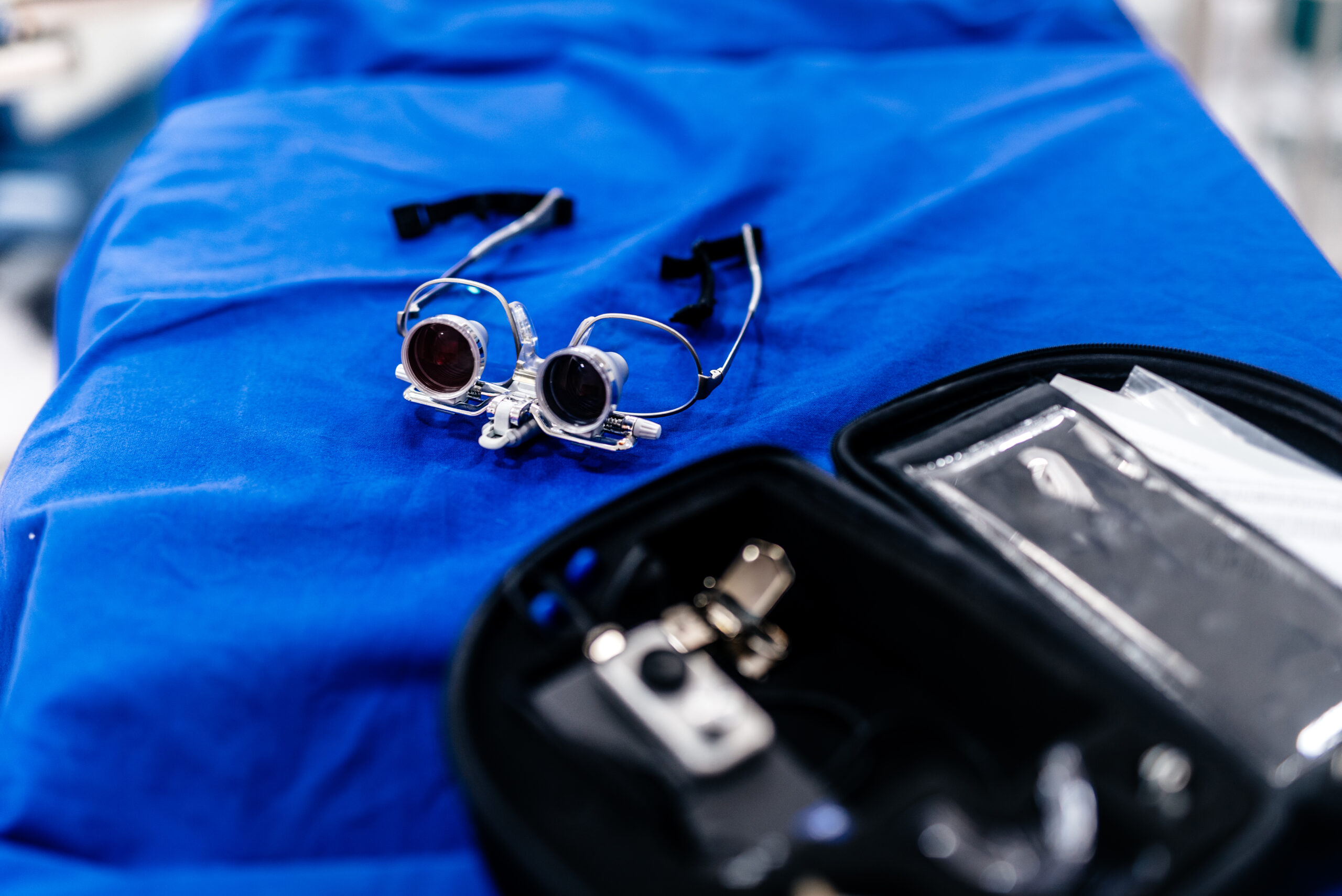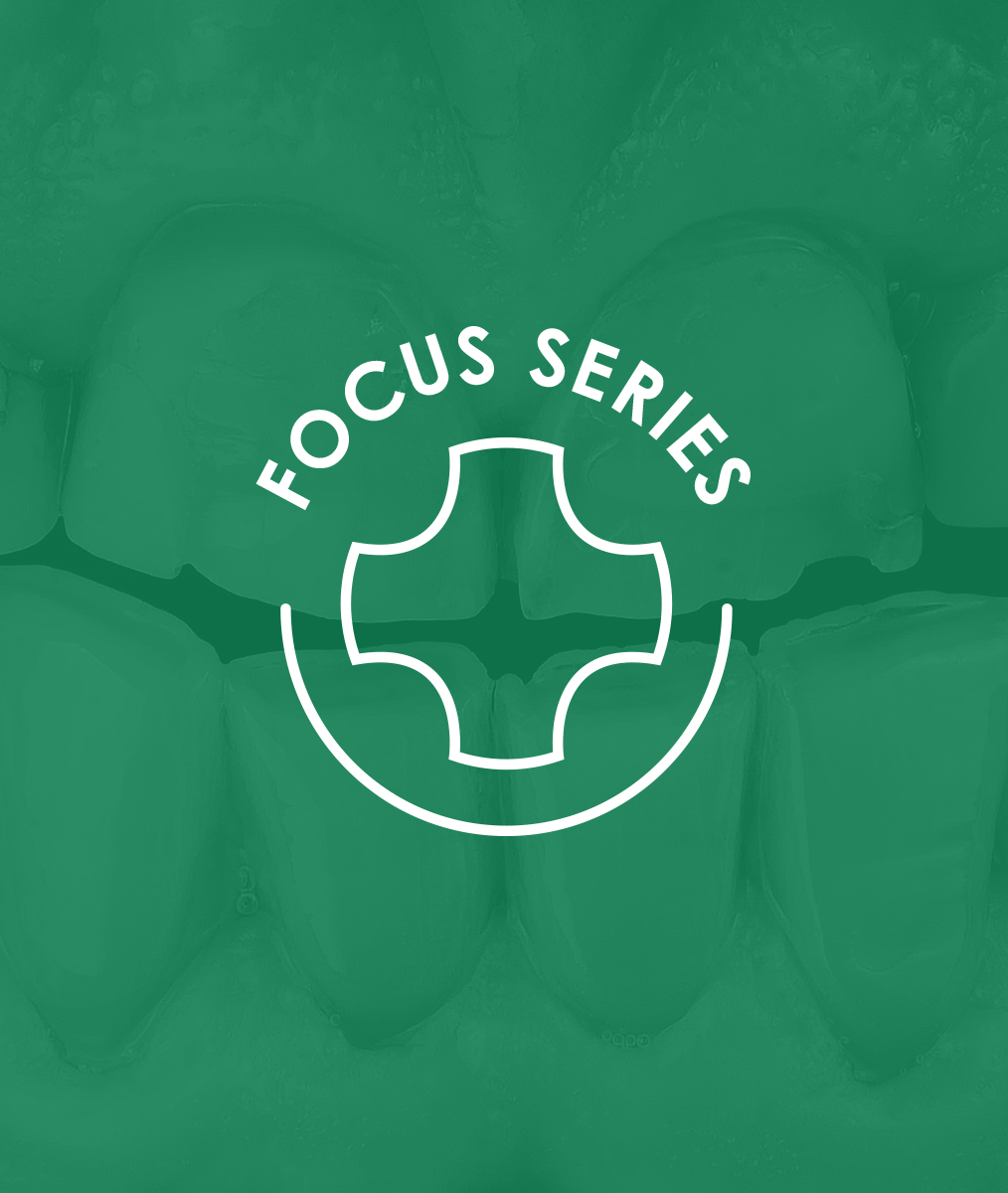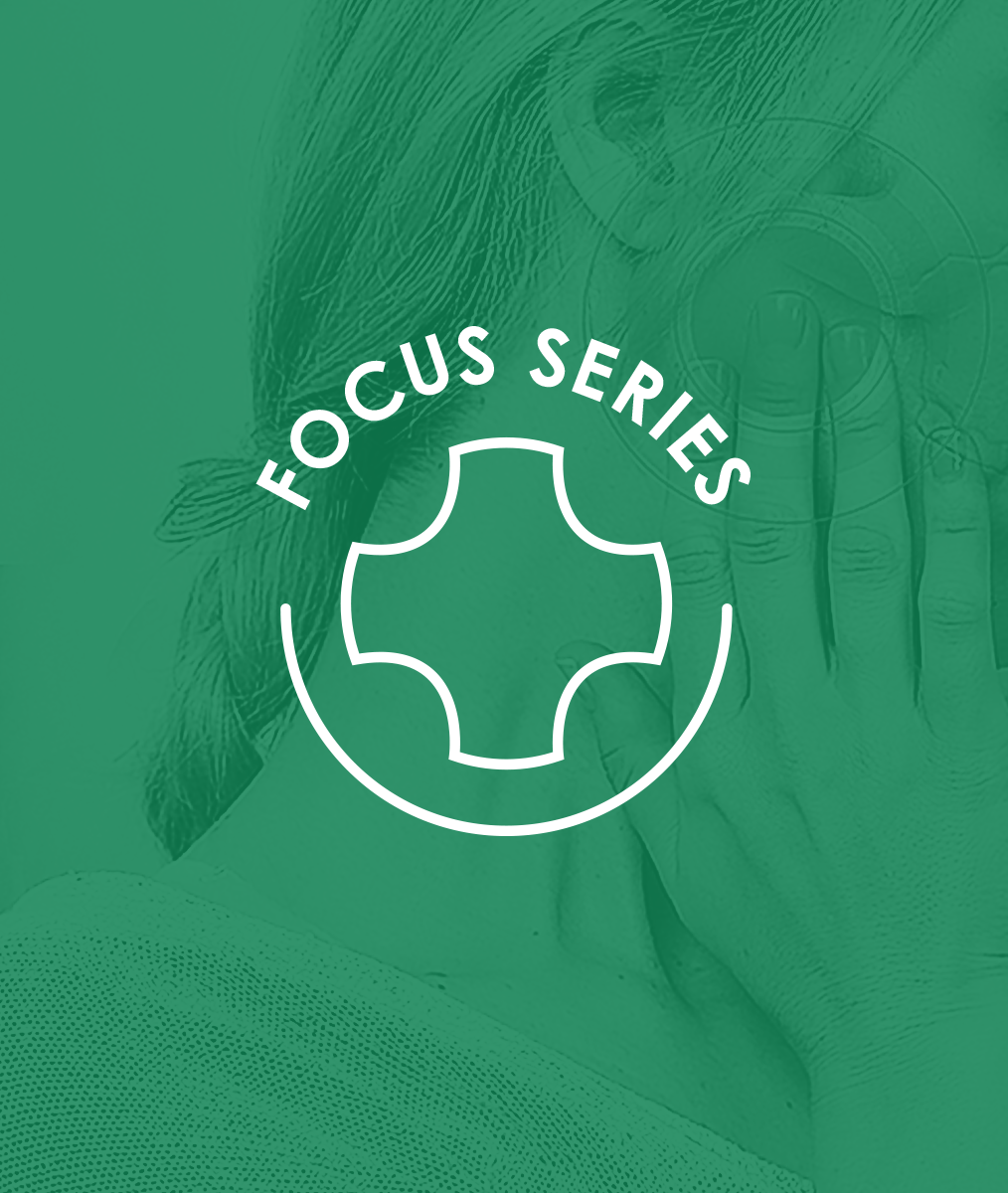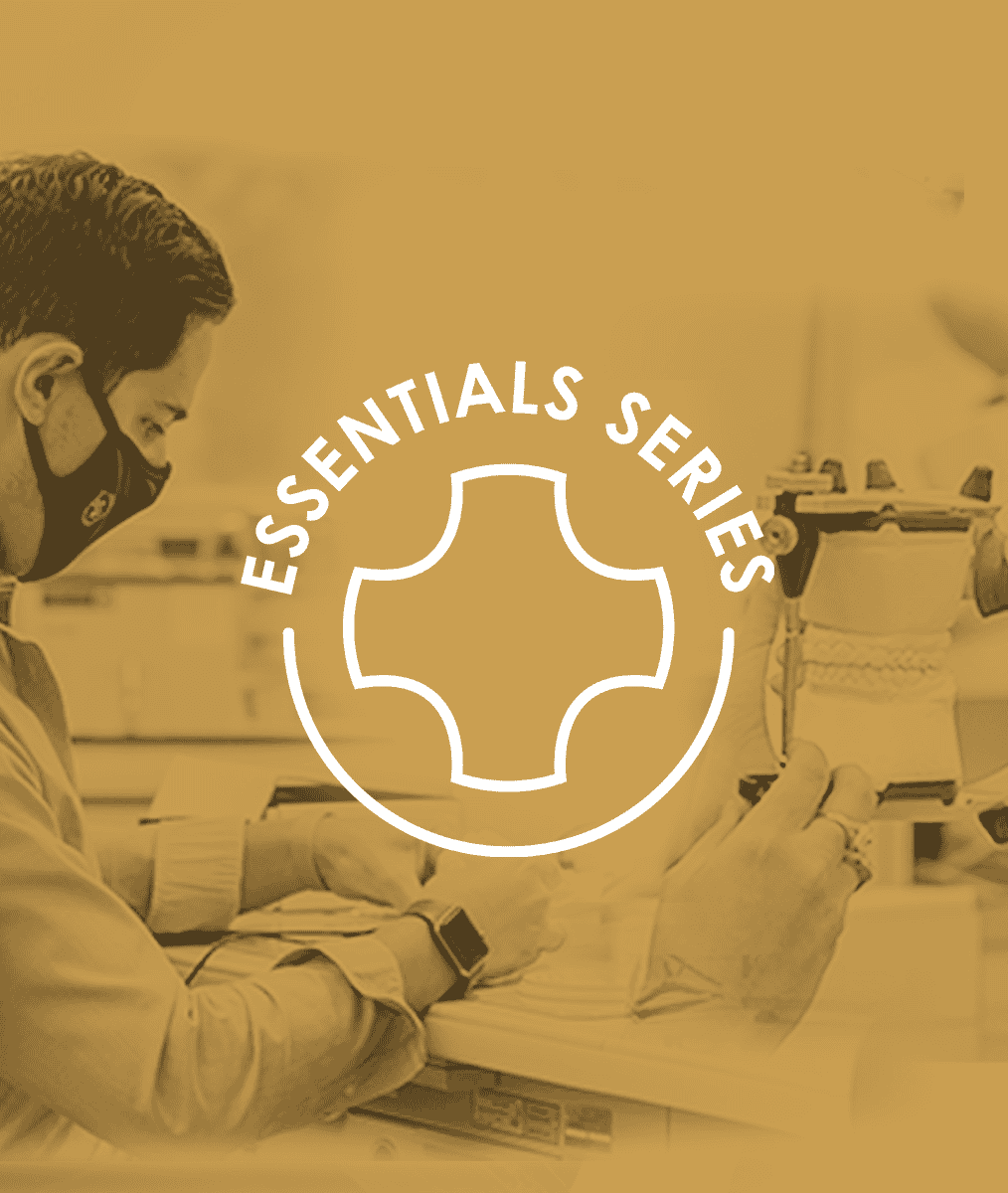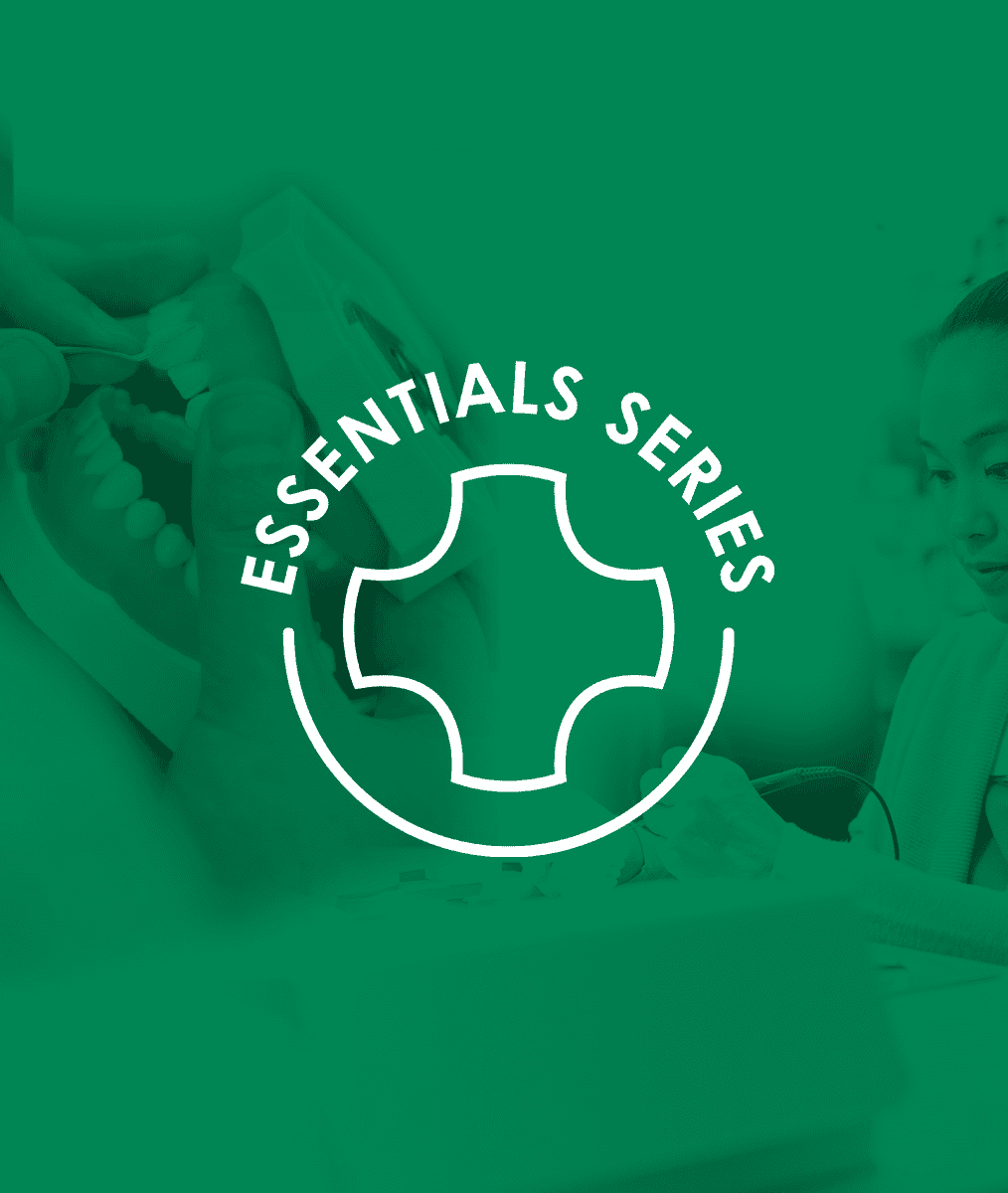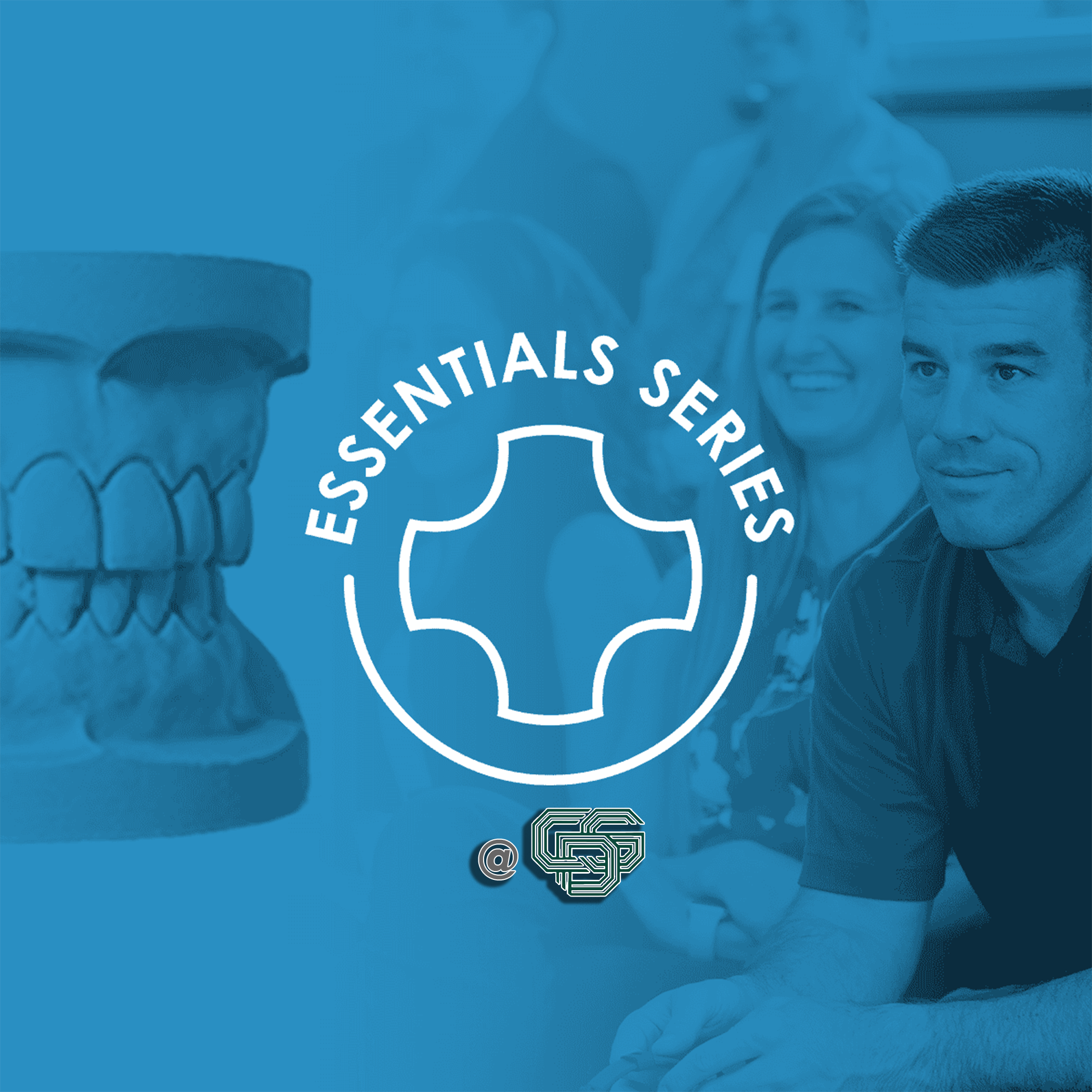Please Bring Your Smartphone: Part 3
It’s time to start thinking of smartphones as an asset rather than a detriment to dental practices. Yes, they can be distracting, but they can also pose great opportunities for connecting to a younger generation of patients. Ultimately, they can directly contribute to case acceptance and smoother communication with specialists.
How to Use a Smartphone for Better Case Communication
Videotaping patients with an iPhone has changed how I practice, especially with interdisciplinary care. Here is how that often takes place in an exam:
“You know Mrs. Jones, we are so blessed to have Dr. Periodontist, Dr. Orthodontist, and my Lab Tech, Mr. Awesome, working together with us on this case. I think we learned some things today that are important to share with them, wouldn’t you agree? I’ve got an idea … would you mind if I recorded a short video to text to them? I think this will keep them up to speed and enable them to give any input as we move forward.”
I state the patient’s name and date, then start describing the situation. We show things from exam findings while the patient experiences them again, usually nodding their head in agreement. With the right patient, I get them to state what we found while recording the video. The whole time, I imagine the patient feels like they are holding the attention of all the members of the interdisciplinary team at once.
These videos are an awesome way to communicate with specialists and other members of the case team. With care and knowing your patient, the behavioral learning opportunity is priceless for them. Sometimes the behavioral pieces can even guide a team member.
As we grow, we must embrace the possibilities of our current reality. We experience and process the world differently now that it is through the filter of a little device in our pocket that connects our mind to the world.
Do you love or hate smartphones in your dental practice?
Related Course
Early Orthodontics: A Guide For General Dentists
DATE: December 6 2024 @ 2:00 pm - December 6 2024 @ 4:00 pmLocation: Online
CE HOURS: 2
Course Description: This course is designed for general dentists who do not necessarily have any orthodontic training or knowledge. It focuses on helping practitioners to develop a holistic and…
Learn More>






